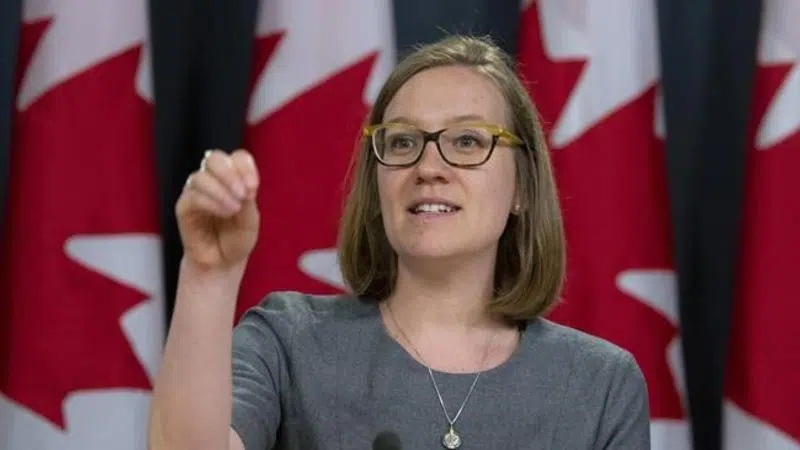
NATO researchers consult federal government on foreign election meddling
OTTAWA — Canadian voters have a duty to think critically about the news they consume as foreign-interference threats loom over the coming federal election, a leading NATO researcher says.
Janis Sarts, the director of the NATO Strategic Communications Centre of Excellence, says Canadians have to avoid knee-jerk reactions to avoid succumbing to malevolent foreign actors who want to tamper with their election.
“When you consume information, think about it. Don’t fall for emotions and instinctive reactions. Think about it,” Sarts said in an interview Thursday.


